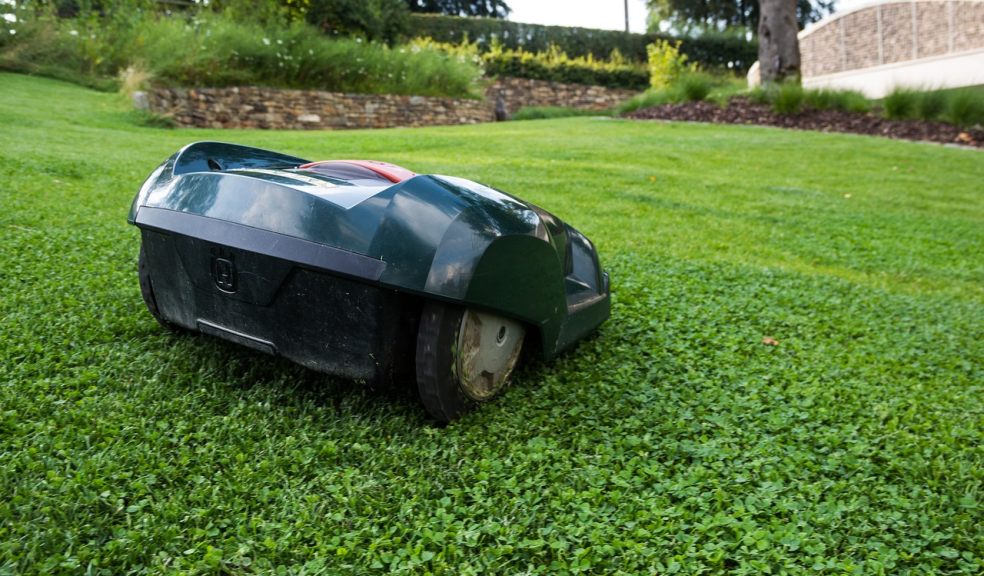
Recent Advancements in Gardening Technology
Gardening, a practice as old as civilization itself, has evolved remarkably over the centuries. From traditional hand tools to sophisticated machinery, the gardening landscape has continually adapted to technological advancements. In recent years, the integration of smart technology and robotics has revolutionized gardening, making it more efficient, environmentally friendly, and accessible. One standout innovation in this realm is the robot lawnmower, alongside other cutting-edge tools and systems transforming the way we cultivate our green spaces.
Robot Lawnmowers: A Cutting-Edge Innovation
Robot lawnmowers represent a significant leap forward in garden maintenance technology. These autonomous devices have been designed to take the labor-intensive task of mowing the lawn off the hands of homeowners and landscapers. Utilizing advanced sensors, GPS navigation, and smart algorithms, robot lawnmowers can independently manage your lawn, ensuring a consistently neat and healthy turf.
How They Work
Robot lawnmowers operate similarly to robotic vacuum cleaners. They are equipped with sensors to detect obstacles and navigate around them, ensuring they don't collide with garden furniture, trees, or other impediments. Some models use boundary wires to define the mowing area, while more advanced versions leverage GPS technology for precise navigation without the need for physical boundaries.
These machines are designed to mow frequently, trimming a small amount of grass each time. This approach, known as mulching, leaves fine grass clippings on the lawn, which decompose quickly, returning valuable nutrients to the soil. This not only reduces the need for chemical fertilizers but also promotes a healthier, greener lawn.
Benefits of Robot Lawnmowers
- Time-Saving: By automating the mowing process, homeowners and professional gardeners can save significant time and effort, allowing them to focus on other gardening tasks or simply enjoy their outdoor spaces.
- Energy Efficiency: Most robot lawnmowers are battery-powered, making them more environmentally friendly compared to traditional gas-powered mowers. They typically return to their docking stations to recharge, often during low-energy consumption periods, reducing their carbon footprint.
- Consistent Maintenance: Regular, consistent mowing ensures that the lawn remains in optimal condition, avoiding the stress caused by irregular cutting schedules.
- Noise Reduction: Robot lawnmowers operate quietly, minimizing noise pollution and allowing for lawn maintenance at any time of day without disturbing the household or neighbours.
Smart Irrigation Systems
Another technological advancement transforming gardening is the development of smart irrigation systems. These systems use sensors and weather data to optimize watering schedules, ensuring plants receive the right amount of water at the right time. This precision not only conserves water but also promotes healthier plant growth by preventing over or under-watering.
Smart irrigation controllers can be connected to weather forecasts, adjusting watering routines based on predicted rainfall and temperature changes. Some systems even have soil moisture sensors to provide real-time feedback, further fine-tuning the irrigation process.
Robotic Weeders and Pruners
In addition to mowing and irrigation, robotics is making strides in weeding and pruning. Robotic weeders, equipped with AI technology, can identify and remove weeds autonomously. These machines distinguish between weeds and desirable plants using image recognition, ensuring that only unwanted growth is targeted. This reduces the need for chemical herbicides, promoting a healthier environment.
Robotic pruners, on the other hand, assist with the precise trimming of plants and trees. Using advanced sensors and algorithms, these devices can make accurate cuts, maintaining the shape and health of the plants. This technology is particularly beneficial for commercial horticulture, where consistent and high-quality pruning is essential.
Conclusion
The future of gardening lies in the fusion of traditional practices with modern technology, such as that made available by retailers like Ron Smith. Robot lawnmowers, smart irrigation systems, and robotic weeders and pruners are just the beginning. As technology continues to advance, we can expect even more innovative solutions that will make gardening more efficient, sustainable, and enjoyable. For both hobbyists and commercial gardeners, embracing these advancements opens up new possibilities for cultivating lush, healthy gardens with minimal effort and environmental impact.













